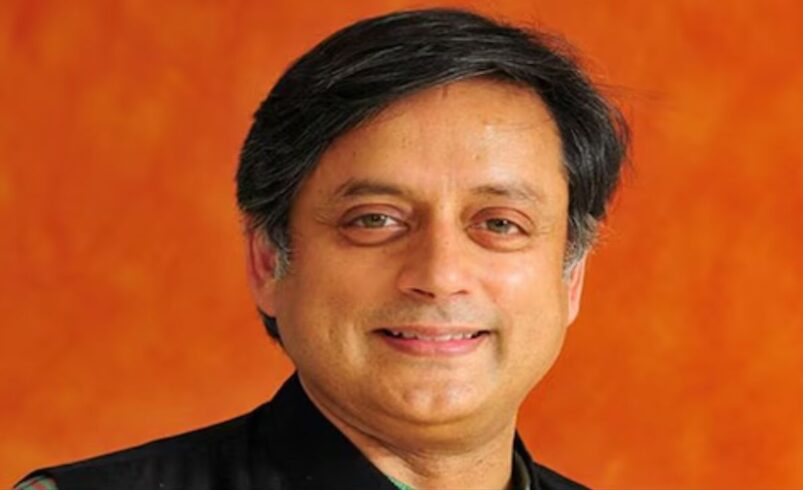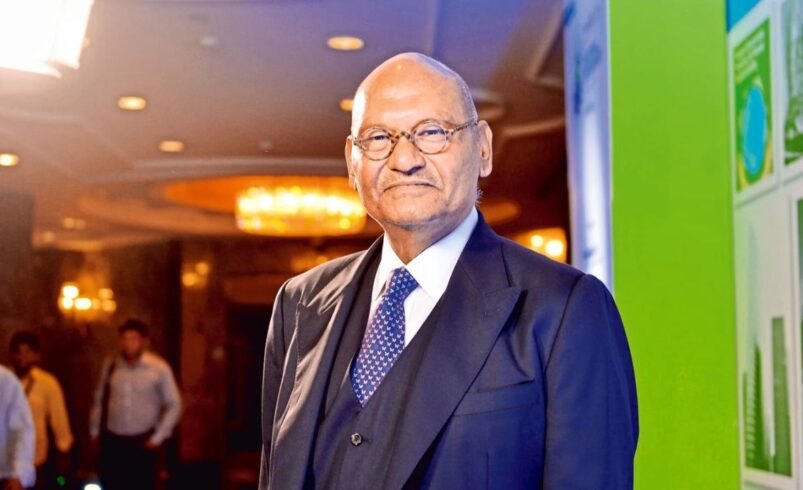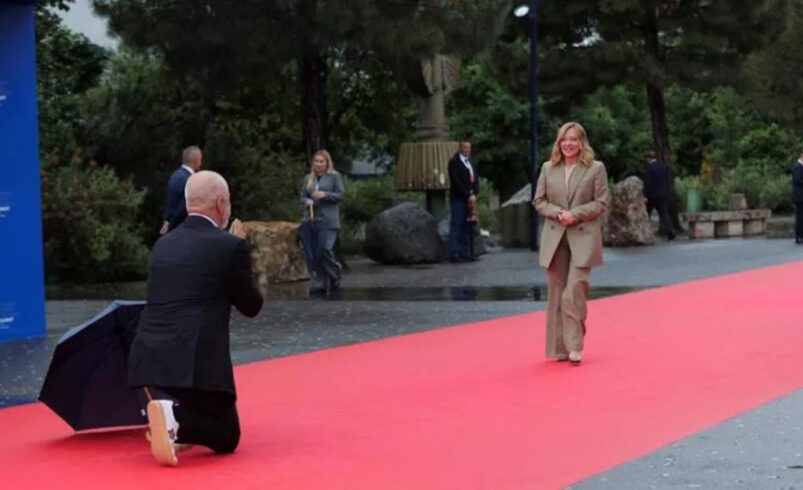Congress MP Shashi Tharoor has been named as one of seven Members of Parliament selected to lead an important all-party delegation aimed at representing India’s stance against terrorism on the global stage. In a statement shared on X, Tharoor expressed deep honor in being entrusted with this responsibility. He reaffirmed his commitment by saying that when the national interest is at stake, he “will not be found wanting.” His words highlight a spirit of service and readiness to transcend party lines for the country’s welfare. The delegation will visit five key capitals and the United Nations Security Council to communicate India’s resolute message of zero tolerance towards terrorism, especially in the aftermath of recent cross-border military operations.
The Significance of an All-Party Delegation
The composition of the delegation reflects a strategic effort by the Indian government to showcase national consensus on counter-terrorism. The group includes MPs from the ruling BJP, opposition parties like Congress, JDU, Shiv Sena, DMK, and NCP (SP), signaling unity despite political differences. This cross-party representation is critical in reinforcing India’s diplomatic message internationally, underscoring that combating terrorism is not a partisan issue but a shared national priority. The presence of leaders like Ravi Shankar Prasad, Baijayant Panda, Kanimozhi, Supriya Sule, and others lends diverse political heft to the mission, aiming to strengthen India’s position and
The Controversy Over Tharoor’s Inclusion in the Delegation
Interestingly, the Congress party’s official list of MPs for the delegation, submitted by Leader of Opposition Rahul Gandhi, did not include Shashi Tharoor’s name. Instead, other senior Congress leaders like Anand Sharma, Gaurav Gogoi, Dr. Syed Naseer Hussain, and Raja Brar were proposed. Despite this, the government’s announcement included Tharoor, indicating possible independent recognition of his diplomatic capabilities. This discrepancy has sparked discussion on internal party dynamics versus national priorities. Tharoor’s public acceptance and firm commitment highlight his focus on contributing to India’s global image beyond political differences.
Context of the Diplomatic Outreach: Operation Sindoor and Terrorism
This diplomatic exercise follows India’s recent military response—Operation Sindoor—targeting terror camps in Pakistan and Pakistan-occupied Kashmir as retaliation for the deadly Pahalgam attack. The outreach aims to strengthen India’s case on the international stage by presenting a unified stance against terrorism. The delegations will articulate India’s position to partner countries and the UN Security Council, emphasizing the country’s unwavering resolve to combat terrorism in all forms. The timing is crucial, as India seeks to build global understanding and support amid heightened regional tensions and security challenges.
A Message of Unity and Resolve on the Global Stage
Leaders like NCP’s Supriya Sule have publicly welcomed the opportunity to represent India in this crucial mission, underlining the importance of a united front. Through this delegation, India projects an image of solidarity, strength, and a zero-tolerance policy towards terrorism. This message not only aims to strengthen diplomatic ties but also reassures Indian citizens of their government’s commitment to security and justice. As the delegation embarks on its journey, the hope is that such collective efforts will foster stronger international cooperation, send a clear warning to terrorist networks, and affirm India’s leadership role in the global fight against terrorism.









